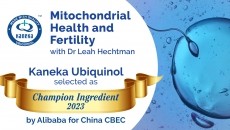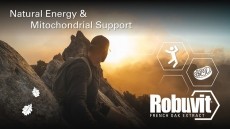Scientists question power of resveratrol supplements
thought to fight heart disease, is unlikely to have any effect on
preventing most cancers, said researchers this week.
The antioxidant compound found in grapes, peanuts and several berries has been proposed as an explanation for the low incidence of cardiovascular disease in wine-drinking southern European countries.
It has also been shown to possess anti-inflammatory and anti-cancer activity in cell-based experiments and is currently in clinical trials for its ability to treat oral herpes and cancer.
But new research shows, that taken in supplements, the ingredient does not reach the circulating blood in sufficient amounts to have therapeutic effects.
Dr Thomas Walle and colleagues from the Medical University of South Carolina gave resveratrol to six healthy adults aged between 23 and 29. The chemical was tagged with a radioactive marker known as Carbon-14, which allows researchers to later detect it in tissues and blood. It was also given intravenously to the volunteers.
They found that the 25 mg doses of resveratrol were very well absorbed after oral dosing with most of the dose appearing in the urine in the first 12 hours. However, the urine contained resveratrol only as sulphate and glucuronic acid conjugates, none as the free, presumably active, form.
Likewise, the only blood samples containing free resveratrol were those drawn within 30 minutes after the intravenous injection. No free resveratrol was present in blood samples drawn after oral doses.
It is therefore highly unlikely that resveratrol supplements can have any effect on cardiovascular disease or cancer of such organs as the breast or prostate gland without entering the bloodstream, said Dr Walle, presenting the results at this week's Experimental Biology meeting in Washington.
However, he adds, it is still possible that orally administered resveratrol can prevent cancers along the aerodigestive tract. It is also possible that a resveratrol sulphate conjugate detected in the circulating blood may exert the preventive activities claimed for resveratrol but these questions remain to be answered.
David Sinclair, assistant professor at the Department of Pathology at Harvard Medical School, claims that such supplements are biologically inactive since "they don't duplicate the airless environment like a bottle of wine".
A new supplement that claims to do this, called Longevinex, uses Capsugel's airtight capsule Licap to preserve resveratrol the way it is found in a corked bottle of wine and is said to be the first to provide stabilised resveratrol, according to the US scientist.











